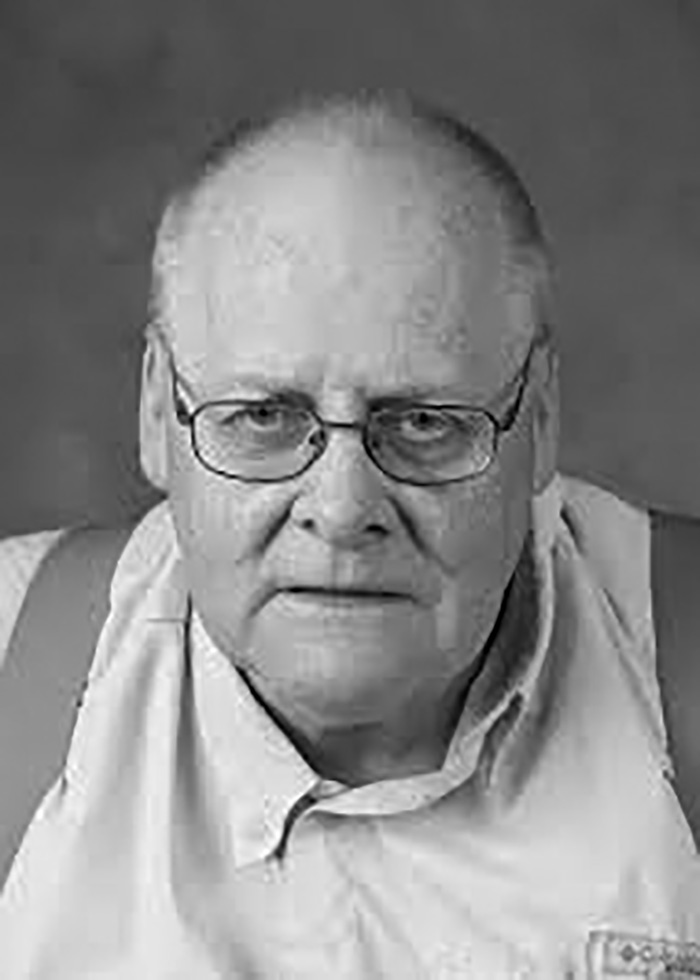OPINION —
When Ronald Reagan, the 40th U.S. president, died on June 5, 2004, the buzzword for TV broadcasters was “consequential.” They said all during mourning week that he was a consequential leader. Definition: “important or significant.” That was a copout, as the term could be used for failed presidents like James Buchanan (1857-1861), as well as very successful ones like Reagan.
Perhaps MSNBC commentators wished to say “lousy president” but did not. Fox reporters would like to say, “the best president ever,” but didn’t. Now I realize why Richard Nixon, despite his resignation, finds himself at 27 to 30 on presidential lists (out of 45 presidents.) He was consequential in good and bad ways.
I became interested in the “consequential” term used as a catch-all after Nancy Pelosi retired from U.S. House leadership. She is the first and only woman speaker, having served twice, and also over 20 years as the Democrats’ minority leader. She was certainly consequential and effective in the role.
Recently, I heard a conservative talk radio host saying Pelosi was “horrible.” But he is no historian, probably, because he judges public figures by HIS criteria only. Some liberal media people celebrated her based on “gifts” such as the Affordable Care Act, but they forgot to list her disappointments and misfires.
“Pelosi had gutted the Member like some halibut she found floating around San Francisco Bay, then calmly sat back and had a cup of coffee afterward,” wrote former Speaker John Boehner of his predecessor. “The congressman’s entrails were left on display for everyone in the House of Representatives to see — and to remember.”
The most effective House speakers over the past 40 years are arguably Pelosi and Republican Newt Gingrich. Pelosi is the daughter of a former mayor of Baltimore, Maryland. She learned sharp knuckle skills at his feet. Her toughest mission was to get the Affordable Care Act approved in the contentious House. It was the top domestic priority for President Barack Obama. Pelosi ushered the bills through the House and won 220 to 215; 218 votes were needed for it to pass.
Most citizens and ideological media assess politicians’ careers in self-serving and simple ways. That is understandable, we are all human. Yet they are not trained in history, for the most part, so they don’t do extensive research to evaluate leaders in politics. But historians, who study things longitudinally, strive for balance and try to look at the big picture.
Gingrich came in like a hurricane in 1995, as Republicans took the House after 40 years. He centralized much power and policy-making. Gingrich was in the position only for four years, as he made enemies who thought he had too much power. But his aggressive leadership marks him as having led with determination and panache.
“While right now Nancy Pelosi is overshadowed by this (opposition) thumping, she’s going to rank quite high in the pantheon of modern speakers of the last 100 years,” said Norman Ornstein, of the conservative American Enterprise Institute.
Only Texas Democrat Sam Rayburn ranks higher. Rayburn is the longest-serving speaker in history “whose parliamentary maneuvers cleared the way for passage of civil rights and social legislation in the 1960s,” according to Ornstein.
In Pelosi’s first time as speaker (2007-2011), she passed legislation including an economic stimulus bill, financial regulation, expanded student aid and an expanded G.I. bill.
“Pelosi almost single-handedly pushed the health care bill through the House, lobbying reluctant lawmakers up to the final minutes to vote for it,” said Matthew Green, of the Institute for Policy Research and Catholic Research. “Without her leadership, the bill very likely would have died.”
Speaking of consequential, in September 2020, six weeks before the general election, Chris Cillizza of CNN wrote a commentary titled “Donald Trump has now become a hugely consequential president.” (In a staff reduction, Cillizza was among the casualties, last week.)
“With his nomination of Amy Coney Barrett to the Supreme Court — and her likely confirmation by the Senate — Trump will have personally chosen one-third of the members of the nation’s highest court and reshaped its ideology for decades to come,” Cillizza wrote in 2020.
With Barrett confirmed, Trump will have appointed more U.S. Supreme Court justices in his first term than any president since Nixon, who appointed four between 1969 and 1971. Also, Trump has 200-plus appointments made to lower courts as of September 2020.
In the early 1980s, living in El Paso, Texas, I once rode north and saw a town called Truth or Consequences, in New Mexico. The name has been on lists of unusual place names, renaming itself in 1950 after the Truth or Consequences radio show. It will fascinate us in the future to read about the deaths or retirements of presidents, speakers and majority leaders. It will be, in a word, consequential.
Greg Markley moved to Lee County in 1996. He has a master’s in education from AUM and a master’s in history from Auburn University. He taught politics as an adjunct in Georgia and Alabama. An award-winning writer in the Army and civilian life, he has contributed to The Observer since 2011. He writes on politics, education and books. gm.markley@charter.net.


